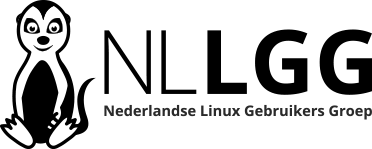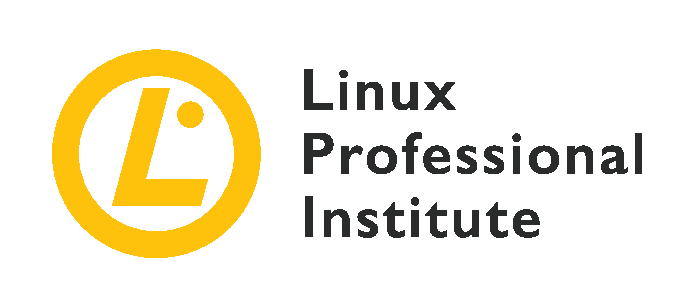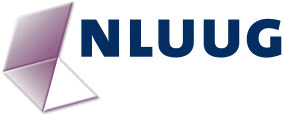Lessons learnt, openQRM 4.0
Author: Matthias Rechenburg (matteverywhere@googlemail.com)
Copyright (C) 2008 Matthias Rechenburg
This document is released under the GNU/GPL
Lessons learnt, openQRM moved to from Java to PHP
The openQRM data-center management platform is known to be a swiss-army knife when it comes to consolidate physical and virtual server management, rapid-deployment, storage-management, monitoring and high-availability within a single management console.
Since the last version 3.5 from Qlusters and the release of the project to the open-source community the openQRM-Team worked full steam ahead to design and implement all the feature requests and suggestions it got from the community over the last 2 years and to come up with a brand-new and completely re-written version of openQRM starting with 4.0. One of the major updates is the move from Java to PHP which makes it a lot easier to work on and with openQRM.
The re-write of openQRM in PHP focus on simplicity, meaning keeping “things” simple and generic which helps to archive a better support for the multiple, existing Linux distributions. Because of all the difficulties to get the "old" openQRM versions working on Debian or Ubuntu systems the openQRM-Team now selected Debian and Ubuntu as the major development distribution for the "next-generation" of openQRM.
A huge code review and clean-up combined with an enhanced build- and package management which now automatically solves package-dependencies and uses existing components instead of providing own libraries and binaries helped to reduce the size of the source-code base to a minimum. Less code simply means less bugs.
To conform the openQRM-backend a database-abstraction layer now adds supports for multiple database types (MySQL, Oracle, DB2 and Postgres).
Also The plugin-management within openQRM was fully re-developed. It is now more than easy to enable or disable openQRM-plugin via the graphical user-interface. Last but not least the installation procedure in the new version of openQRM is now fully transparent and the server initializes itself during the first startup.
With the new framework based on PHP the openQRM-Team now fully concentrates on the further roadmap of the project by implementing more additional functionality via openQRM-plugins which will be especially focused on virtualization- and storage-management.
This presentation deals with a detailed overview and demonstration about the “next generation” of openQRM. It covers the steps of re-writing and porting openQRM from Java to PHP, points out the current status plus its major features and gives informations about focus and roadmap of the project.










